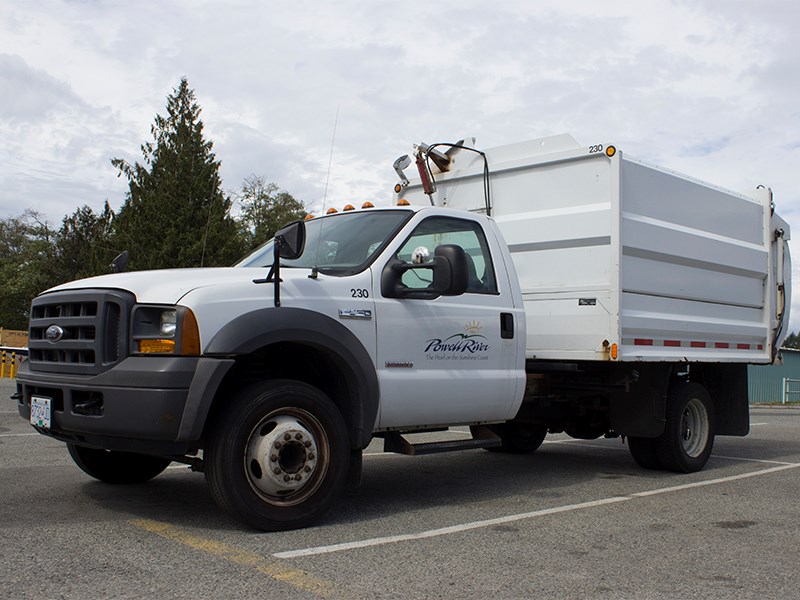A Powell River Regional District plan that deals with the area’s garbage will be rolled out in the fall for the public’s thoughts, according to municipal director and solid-waste advisory committee member CaroleAnn Leishman.
A comprehensive public engagement is being planned to start in mid-September. The plan has now been brought to the region’s local governments and will be updated before being presented.
“Now the consultants are going to revise the plan into a proper form and bring it out for public consultation in September,” said Leishman, who also represents Powell River on the Association of Vancouver Island and Coastal Communities solid-waste committee. “Summer, obviously, is not the time to do it.”
The solid-waste management plan is a legally binding document the regional district is mandated to follow by the provincial government. The document provides direction for the next 10 years of solid-waste management.
Regional district manager of community services Mike Wall said that, while it is a mandated plan, it will help the region to reduce the amount of garbage currently being landfilled.
“The plan identifies opportunities to reduce our waste at the same time as providing benefits such as significantly decreasing our greenhouse gas emissions,” said Wall.
Food waste, for example, accounts for one-third of total garbage; waste that could be diverted through community organics composting, said Leishman.
Shipping less waste to the landfill in Washington State will reduce total costs, despite expected per tonne cost increases over the next 10 years, said Wall.
He added that rolling out more public education on waste reduction, through the regional district’s Let’s Talk Trash team, will help make the reductions.
Leishman said that though the region’s goal is to move toward zero waste, that target is more aspirational than realistic.
“Will a community ever achieve zero waste? Probably not,” she said. “But having that as a goal and setting some pretty steep targets will push us in a direction that is definitely much more sustainable.”
What started out in August 2016 as a simple update to the regional district’s 2013 solid-waste management plan has turned into a more comprehensive project, said Leishman.
When the project started, the regional district was planning to complete the plan in the spring, take it to the public for consultation and then submit it to BC Ministry of Environment.
Leishman said it became clear this spring that the timelines would not work.
With the inclusion of the proposed resource-recovery centre and development and expansion of organic waste diversion from the district’s waste stream, the plan required updates.
“All of that was such a drastic change to what the old plan had, so we really had to re-do the plan quite substantially,” said Leishman. “There was a lot more work involved to get to the point we are at now.”



